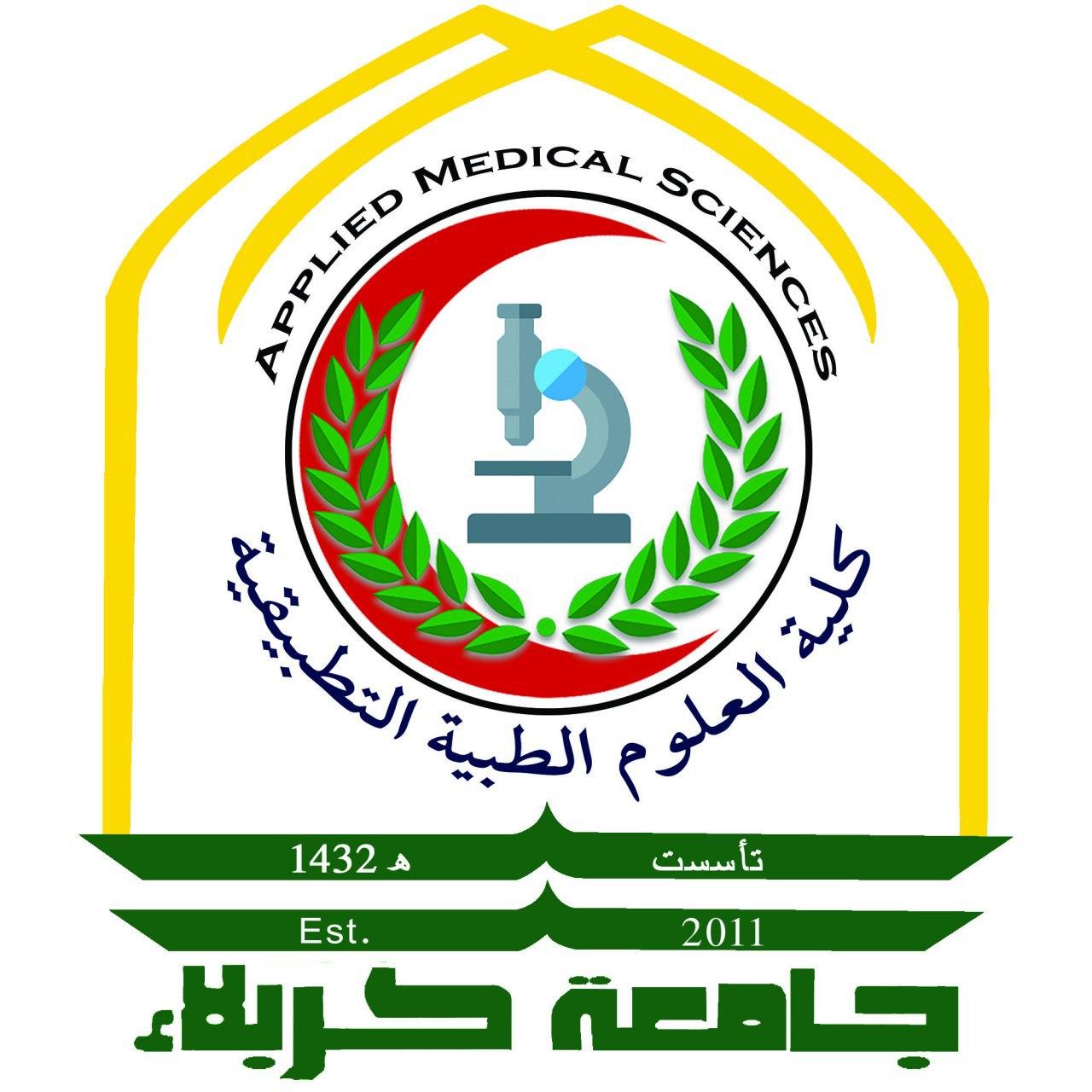Blog
A comparison of human blood preservation methods in DNA extraction protocol
Background: Blood preservation method plays an important role in DNA extraction. The current study was conducted at the laboratories of the applied medical sciences college/ University of Karbala during the period from March to May 2021.
Materials: Ten Fresh venous blood samples were collected from healthy males (20-45 years old) by venepuncture and stored at 2–8oC until used. Each particular sample was subjected to five blood collection options as follows: the blood was freshly aliquoted without any treatments, the blood was collected in EDTA (ethylene diamine tetra acetic acid) tubes, the blood was collected with the addition
of phosphate buffered saline (PBS) in a ratio of 1:2, the blood was added to PBS 1:2 and Triton X 100,and the blood was centrifuged and then PBS 1:2 and Triton X 100 were added. The quantity and integrity of the extracted DNA were evaluated by agarose gel electrophoresis. The quantity and purity of the DNA were measured using a NanoDrop Spectrophotometer.
Results: The current study indicated statistically significant difference (p ≤0.05) among the treated groups when the concentration of the extracted DNA was taken into consideration. There was a statistically significant difference among the five groups when their absorbance ratio was measured at 260 nm/ 230 nm (p ≤0.05). However, no statistically significant difference (p ≤0.05) was obtained among
the groups when the absorbance ratio of 260 nm/280 nm was considered.
Conclusion: The pretreatment of blood samples with buffers (PBS containing 5% Triton X100) prior to DNA extraction can lead to an altered DNA yield and purity.
Post Views: 411




























































